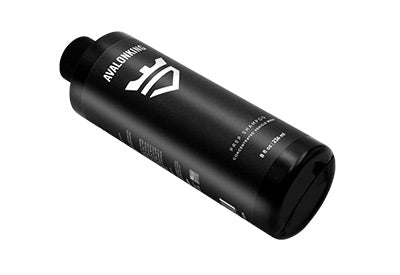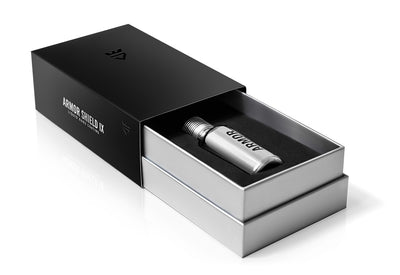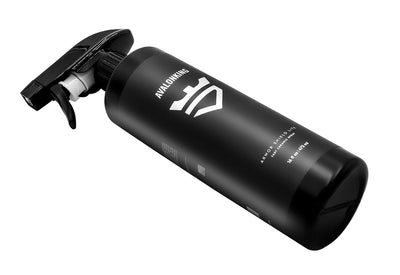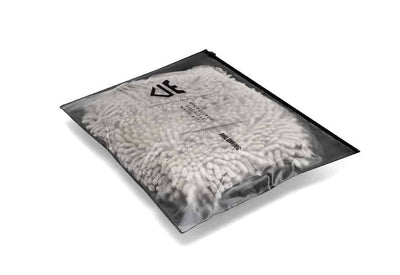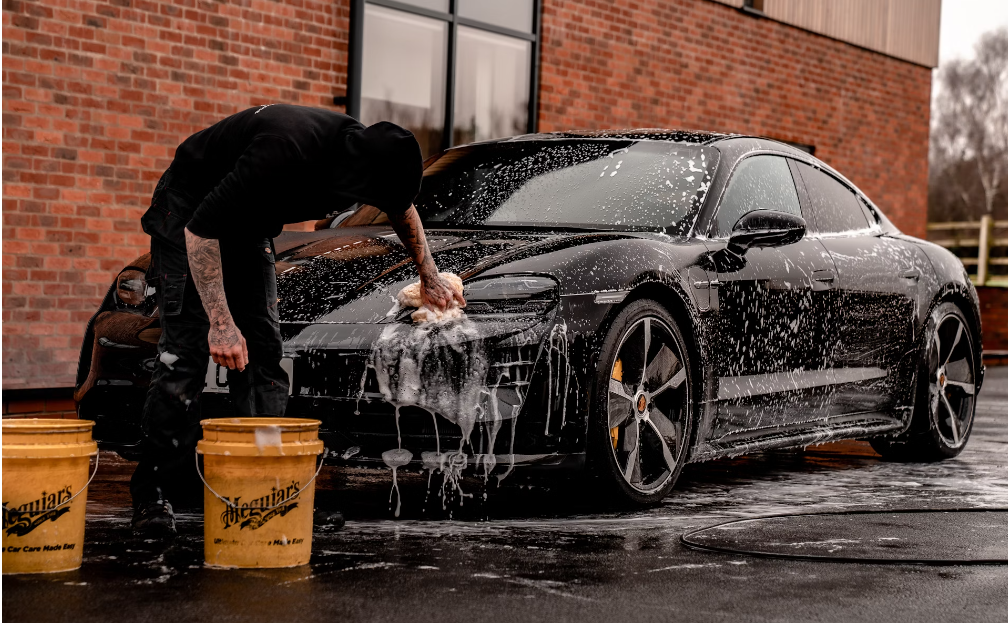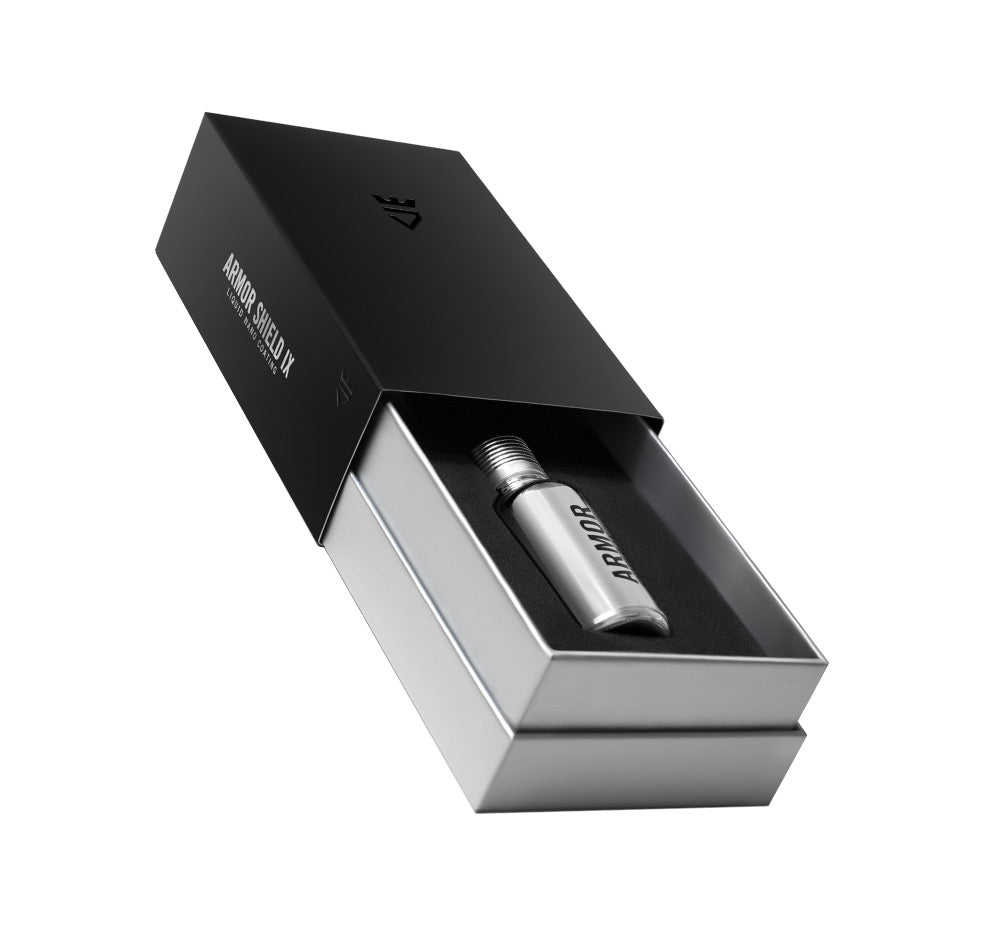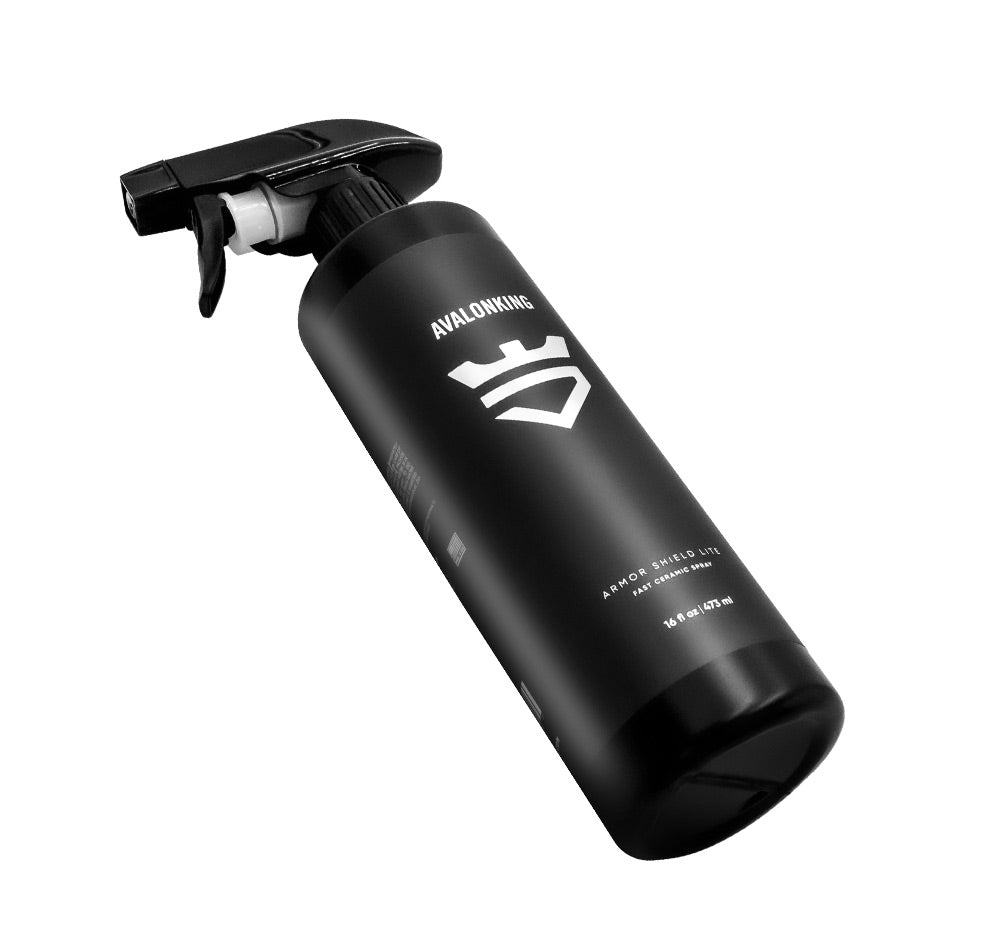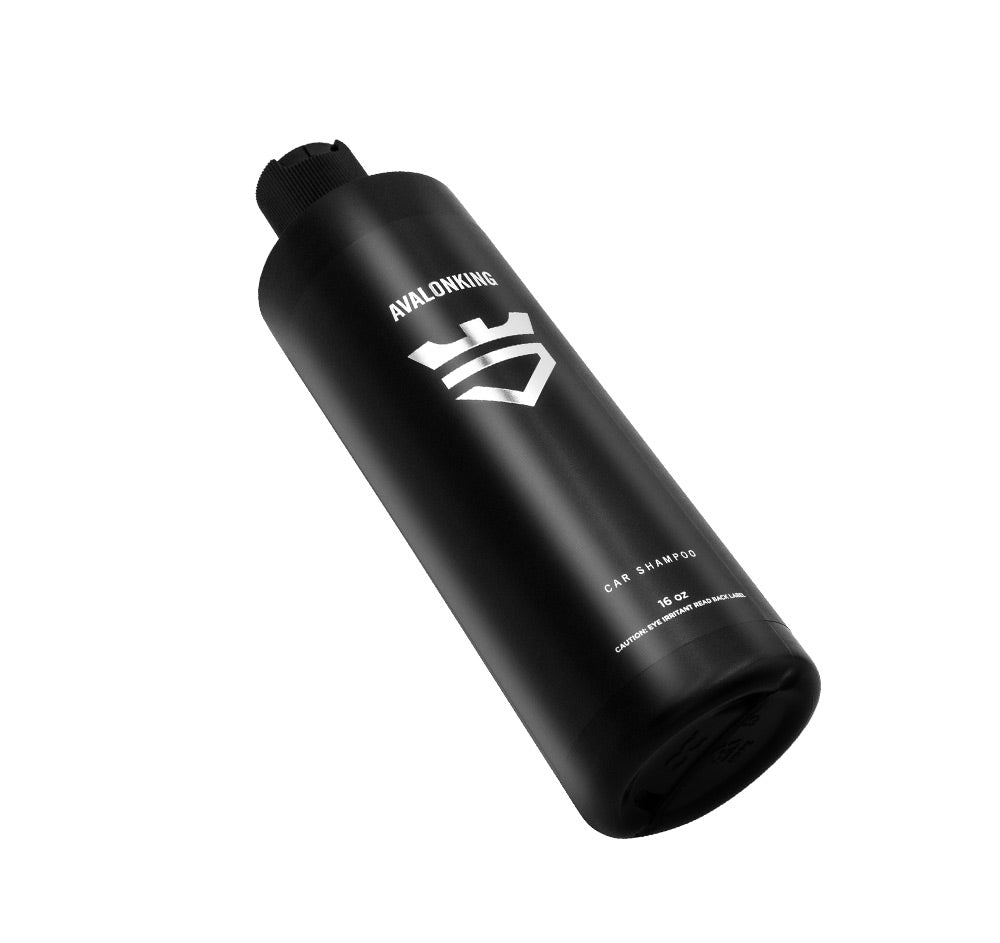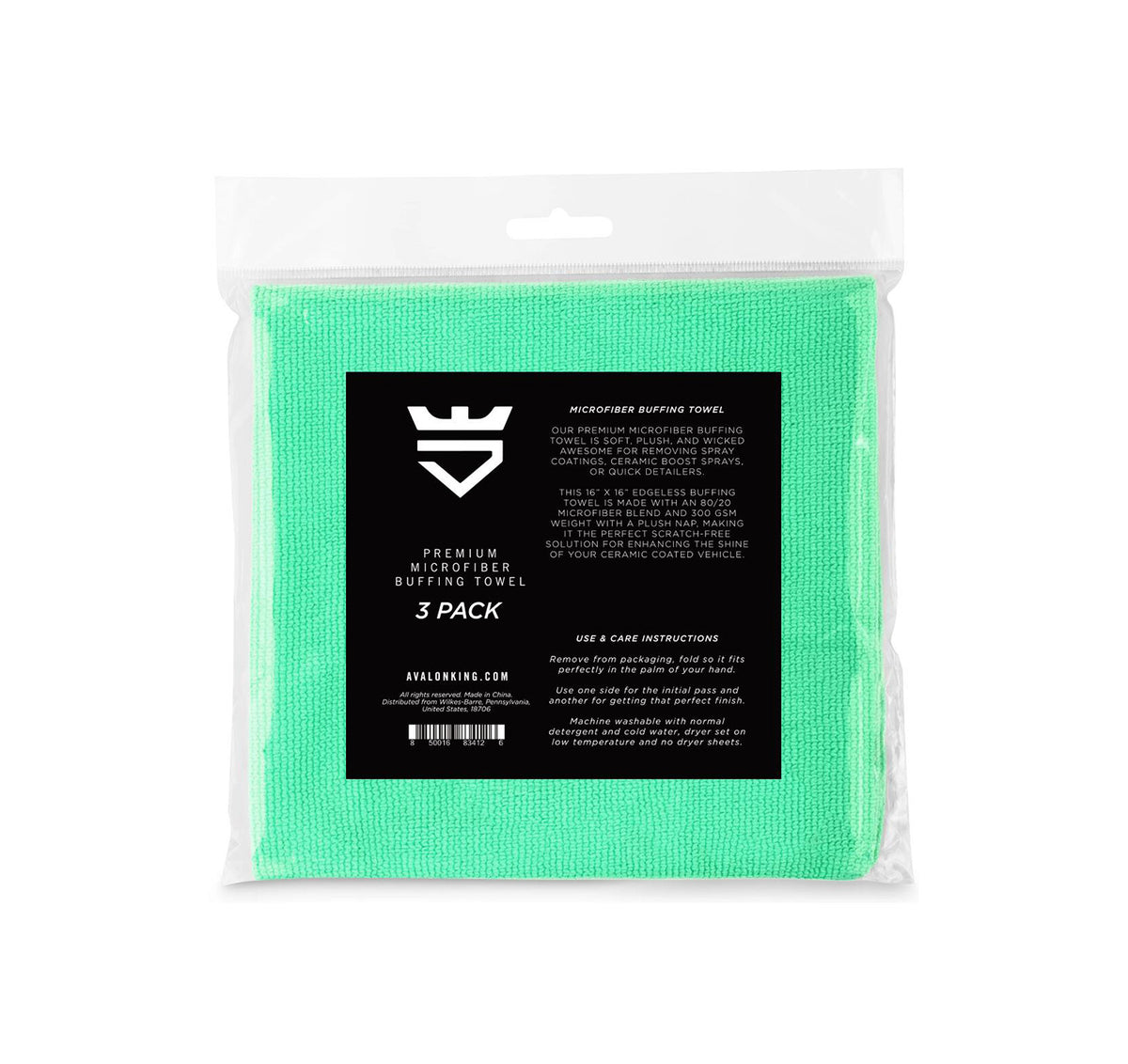What is Self-Cleaning Effect? Explained by AvalonKing
The self-cleaning effect, often associated with ceramic coatings, is a fascinating phenomenon that combines the principles of chemistry, physics, and material science. This effect, also known as the lotus effect, is named after the lotus plant, which exhibits this self-cleaning property in nature. The lotus leaves repel water and, in doing so, clean themselves by washing away any dirt or dust particles. Similarly, a ceramic coating with a self-cleaning effect can repel water and dirt, keeping the coated surface clean and shiny.
Understanding the self-cleaning effect requires delving into the intricacies of surface tension, hydrophobicity, and nanotechnology. This article will guide you through the science behind the self-cleaning effect, its benefits, and how it is harnessed in ceramic coatings. We will also explore the role of AvalonKing in advancing this technology and their contributions to the field of ceramic coatings.
The Science Behind the Self-Cleaning Effect
The self-cleaning effect is a result of two primary factors: surface structure and hydrophobicity. The surface structure of a material plays a crucial role in determining how water interacts with it. A rough surface with microscopic peaks and valleys can trap air, reducing the contact area between the water and the surface. This causes the water to form beads and roll off, carrying away any dirt or dust particles with it.
Hydrophobicity, on the other hand, refers to the property of a material to repel water. A highly hydrophobic surface will cause water to bead up and roll off, rather than spreading out and wetting the surface. This is where the term 'water-repellent' comes from. The combination of a rough surface structure and high hydrophobicity results in the self-cleaning effect.
Surface Structure and the Lotus Effect
The lotus effect, which is the basis of the self-cleaning effect, is a result of the unique surface structure of the lotus leaf. The leaf surface is covered in microscopic bumps, which trap air and reduce the contact area between the water and the leaf. This causes the water to bead up and roll off, carrying away any dirt or dust particles.
This effect is not unique to the lotus plant. Many other plants and animals exhibit similar properties, including the gecko, which uses a similar principle to climb vertical surfaces. However, the lotus plant is often used as the primary example due to its extreme hydrophobicity and self-cleaning properties.
Hydrophobicity and Water Repellency
The term 'hydrophobic' comes from the Greek words 'hydro' (water) and 'phobos' (fear), literally meaning 'fear of water'. A hydrophobic material repels water, causing it to bead up and roll off rather than spreading out and wetting the surface. This property is crucial for the self-cleaning effect, as it allows the water to carry away dirt and dust particles.
Hydrophobicity is determined by the chemical composition of a material. Materials with non-polar molecules, such as oils and fats, are hydrophobic, while materials with polar molecules, such as water and alcohol, are hydrophilic (water-attracting). The hydrophobicity of a surface can be enhanced through chemical treatments and coatings, such as ceramic coatings.
The Role of Ceramic Coatings
Ceramic coatings play a crucial role in harnessing the self-cleaning effect for practical applications. These coatings are made from nano-sized particles of ceramic materials, such as silicon dioxide (SiO2), which form a thin, hard, and transparent layer on the surface of an object. This layer is highly hydrophobic and has a rough surface structure, both of which contribute to the self-cleaning effect.
The ceramic coating forms a semi-permanent bond with the surface, providing long-lasting protection and self-cleaning properties. The coating is resistant to heat, UV rays, chemicals, and abrasion, making it suitable for a wide range of applications, from car paint protection to building facades.
Application of Ceramic Coatings
Ceramic coatings can be applied to a wide range of surfaces, including metal, glass, plastic, and paint. The application process involves cleaning the surface, applying the coating, and then curing it with heat or UV light. The curing process causes the nano-sized particles to bond together and with the surface, forming a hard, durable, and hydrophobic layer.
The thickness of the ceramic coating can be controlled by the number of layers applied. A thicker coating provides better protection and a more pronounced self-cleaning effect, but it also requires more material and a longer curing time. The optimal thickness depends on the specific application and the desired balance between protection, self-cleaning properties, and cost.
Benefits of Ceramic Coatings
The primary benefit of ceramic coatings is their self-cleaning properties. By repelling water and dirt, these coatings keep the surface clean and shiny, reducing the need for regular cleaning and maintenance. This can save time and money, especially for large surfaces like building facades or car exteriors.
Aside from their self-cleaning properties, ceramic coatings also provide excellent protection against environmental damage. They are resistant to heat, UV rays, chemicals, and abrasion, protecting the surface from fading, discoloration, corrosion, and wear. Furthermore, the transparent nature of these coatings preserves the original appearance of the surface, making them ideal for applications where aesthetics are important.
AvalonKing and Their Contribution to Ceramic Coatings
AvalonKing is a leading provider of ceramic coatings, known for their innovative products and commitment to quality. Their flagship product, Armor Shield IX, is a nano-ceramic coating that provides superior protection and self-cleaning properties. AvalonKing has played a significant role in advancing the technology of ceramic coatings and making them accessible to the general public.
Through rigorous research and development, AvalonKing has developed a ceramic coating that is easy to apply, durable, and highly effective. Their product is designed for DIY application, making it accessible to car enthusiasts and homeowners who want to protect and enhance their possessions. The self-cleaning properties of their coating reduce the need for regular cleaning and maintenance, saving time and money for their customers.
Armor Shield IX
Armor Shield IX is a nano-ceramic coating that provides superior protection and self-cleaning properties. It is made from nano-sized particles of silicon dioxide (SiO2), which form a thin, hard, and transparent layer on the surface. This layer is highly hydrophobic, repelling water and dirt to keep the surface clean and shiny.
The Armor Shield IX coating is designed for DIY application, with a straightforward process that can be completed in a few hours. The coating is cured with heat, forming a semi-permanent bond with the surface that lasts for up to 5 years. This provides long-lasting protection and self-cleaning properties, reducing the need for regular cleaning and maintenance.
The Impact of AvalonKing
AvalonKing's contribution to the field of ceramic coatings goes beyond their innovative products. They have played a significant role in raising awareness about the benefits of ceramic coatings and the self-cleaning effect. Through their educational content and customer support, they have helped many people understand and harness this technology for their benefit.
Furthermore, AvalonKing is committed to quality and customer satisfaction. They offer a 2-year warranty on their Armor Shield IX coating, providing peace of mind for their customers. Their dedication to quality and customer service has earned them a strong reputation in the industry and a loyal customer base.
Conclusion
The self-cleaning effect is a fascinating phenomenon that combines the principles of surface structure, hydrophobicity, and nanotechnology. Ceramic coatings, such as those provided by AvalonKing, harness this effect to provide superior protection and self-cleaning properties. Whether you're a car enthusiast looking to protect your ride, a homeowner wanting to reduce maintenance, or simply someone fascinated by the science behind this effect, understanding the self-cleaning effect and its applications can be both enlightening and beneficial.

As we continue to advance in the field of material science and nanotechnology, the possibilities for harnessing the self-cleaning effect are vast. From self-cleaning windows to self-cleaning clothes, the future is bright for this fascinating technology. And with companies like AvalonKing leading the way, we can expect to see more innovative and accessible products in the near future.
Ready to experience the cutting-edge self-cleaning technology for your vehicle? AvalonKing has you covered with our premium range of ceramic coatings, car shampoos, and other top-quality cleaning products. With years of expertise in providing the very best for your car, we make it easy for you to maintain that showroom shine. Check out our products online and join the community of car enthusiasts who choose AvalonKing for superior vehicle care.

